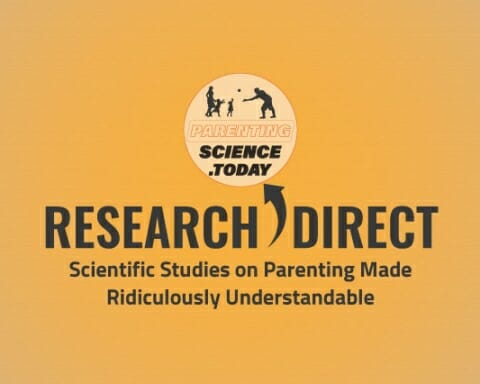Many experts wonder if there is a way to prevent asthma in infancy due to the significant increase in asthma cases worldwide in the past twenty-five years. One of the most affected countries is Australia, where several studies have been conducted to determine the cause of the rising number of allergy and asthma cases.
Exposure to dust mite allergens is one of the main environmental factors related to the onset of asthma. The diet also seems to be linked to asthma. In some regions, especially on the coasts of Australia, the prevalence of asthma is lower in areas where there is a high consumption of fish.
These findings led a large number of scientists to carry out studies in which they showed that a diet rich in fish oil, with a high content of omega-3 fatty acids, protected against asthma and reduced the hyperresponsiveness of the airways. On the other hand, children who ate large amounts of foods containing omega-6 polyunsaturated fatty acids suffered respiratory symptoms more frequently compared to those who did not consume them.
A Scientific Study
A group of scientists led by Guy B. Marks of Sydney, Australia, performed a study entitled “Prevention of Asthma during the First 5 years of Life: A Randomized Controlled Trial” in order to test whether house dust mite avoidance and dietary fatty acid modification throughout the first five years of life could prevent asthma and allergic disease.
Between September 1997 and November 1999, researchers recruited pregnant women whose unborn children had a high risk of developing asthma. (Each child had a parent or sibling currently suffering from asthma or wheezing.) They randomized participants into active-intervention and control groups for both house dust mite avoidance and dietary fatty acid modification. Infants who had birth weights less than 2.5 kg, who had important congenital malformations, or who suffered from other significant neonatal diseases were removed from the study.
Active house dust mite avoidance started before the baby’s birth. It involved both physical and chemical methods that reduced exposure wherever the child slept or
played. The dietary modifications increased the proportion of omega-3 fatty acids and reduced the amount of omega-6 fatty acids. For the active group, researchers provided canola-based oils and spreads that were low in omega-6 fatty acids and tuna oil capsules that contained omega-3 fatty acids. For the control group, they provided polyunsaturated oils and spreads containing 40 percent omega-6 fatty acids and Sunola oil capsules that were low in omega-3 fatty acids.
The researchers measured the plasma levels of fatty acids in the children at eighteen months, three years, and five years. When the children reached five years of age, the parents completed a questionnaire that asked about symptoms and diagnoses relevant to asthma and allergic disease.
Bad News
Sadly, this study’s results show that reducing exposure to house dust mite allergens and modifying the proportion of omega-3 fatty acids in the diet during the first five years of life does not reduce the prevalence of asthma, wheezing, coughing, rhinitis, eczema, or atopic sensitization in children with a family history of asthma. These negative results occurred despite a 61 percent reduction in the concentration of house dust mite allergen in dust collected from the child’s bed.
It is possible that these reductions were not large enough to have a significant impact. The failure of the dietary intervention might be attributable to inadequate adherence to the modifications. It is also possible that the occurrence of asthma is genetically determined in the high-risk group they selected due to the participants’ family history of asthma. Environmental interventions would perhaps be more effective in groups without these genetic risk factors.
Consult a pediatrician to find out appropriate care and prevention techniques for respiratory diseases, especially if the child has a direct family history of asthma.
Reference
Marks, Guy B., Seema Mihrshahi, Andrew S. Kemp, Euan R. Tovey, Karen Webb, Catarina Almqvist, Rosario D. Ampon, Daniel Crisafulli, Elena G. Belousova, Craig M. Mellis, Jennifer K. Peat, and Stephen R. Leeder. “Prevention of Asthma during the First 5 years of Life: A Randomized Controlled Trial.” The Journal of Allergy and Clinical Immunology 118, no. 1 (2006): 53–61. Retrieved from https://www.jacionline.org/article/S0091-6749(06)00853-0/fulltext













